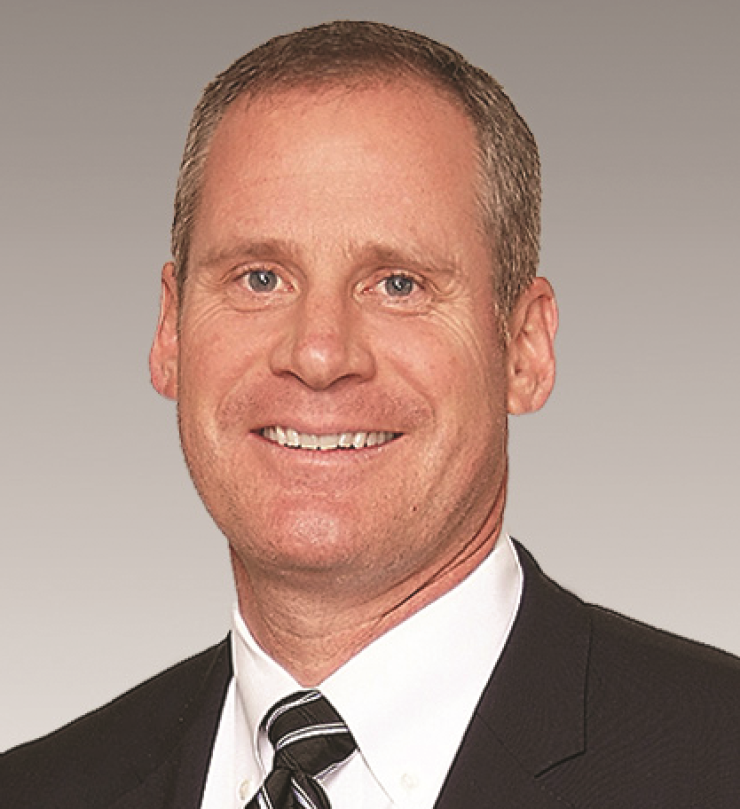
The couple had been married 35 years, but when the wife passed away, a portion of her estate was inaccessible to her husband.
The wife had set up an investment account 40 years ago, before their marriage, without naming a beneficiary. Presumably she had forgotten to update it.
"He had only come to see me after she had passed away, and was hoping that there was a fix," said Patrick Schultz, the executive director and central division lead of J.P. Morgan Wealth Management's Wealth Planning and Advice.
"And there just wasn't."
It took nine months for the man to claim those assets through the probate courts. Clients who go this route often pay thousands of dollars in legal fees, depending on the state, Schultz said.
While the couple had made a plan on their own, had they met with an estate planning expert, they might have identified missing assets before it was too late. In this case, signing a form would have been all it took, Schultz said.
"It would have gone to him, just like she would have wanted, without any issues."
Estate planning can seem simple, but it can be fraught with pitfalls — at least for average people or the merely affluent.
As the
Generally, the ultrarich are more accustomed to passing on wealth, said Jamie McLaughlin, a consultant in the wealth industry who specializes in ultrahigh net worth clients and family offices. "Families with great wealth, on the whole, are more organized, more purposeful with their wealth, more transparent with their heirs," McLaughlin said. But even in this client segment, not all cases are the same.
Rich individuals frequently fail to communicate proactively with intended heirs about their wealth, experts say, fearing it will be painful or create greed. This often leads to expensive, bitter dramas among family members jockeying for the estate after they pass.
A
Similarly, a D.A. Davidson survey released the same month found that
Heirs who come into wealth can be unprepared to handle the sudden windfall, and may not spend their inheritance as the givers intended. Around two-fifths of heirs in the UBS survey said they wished they could have communicated more with their parents before inheriting.
In 2022, coming out of a global pandemic and with inflation, volatility and politics in the background, several developments have changed certain nuances of estate planning as well. We spoke with experts specializing in estate planning to learn how things are different now. Below are nine recent practices and trends they shared.






















